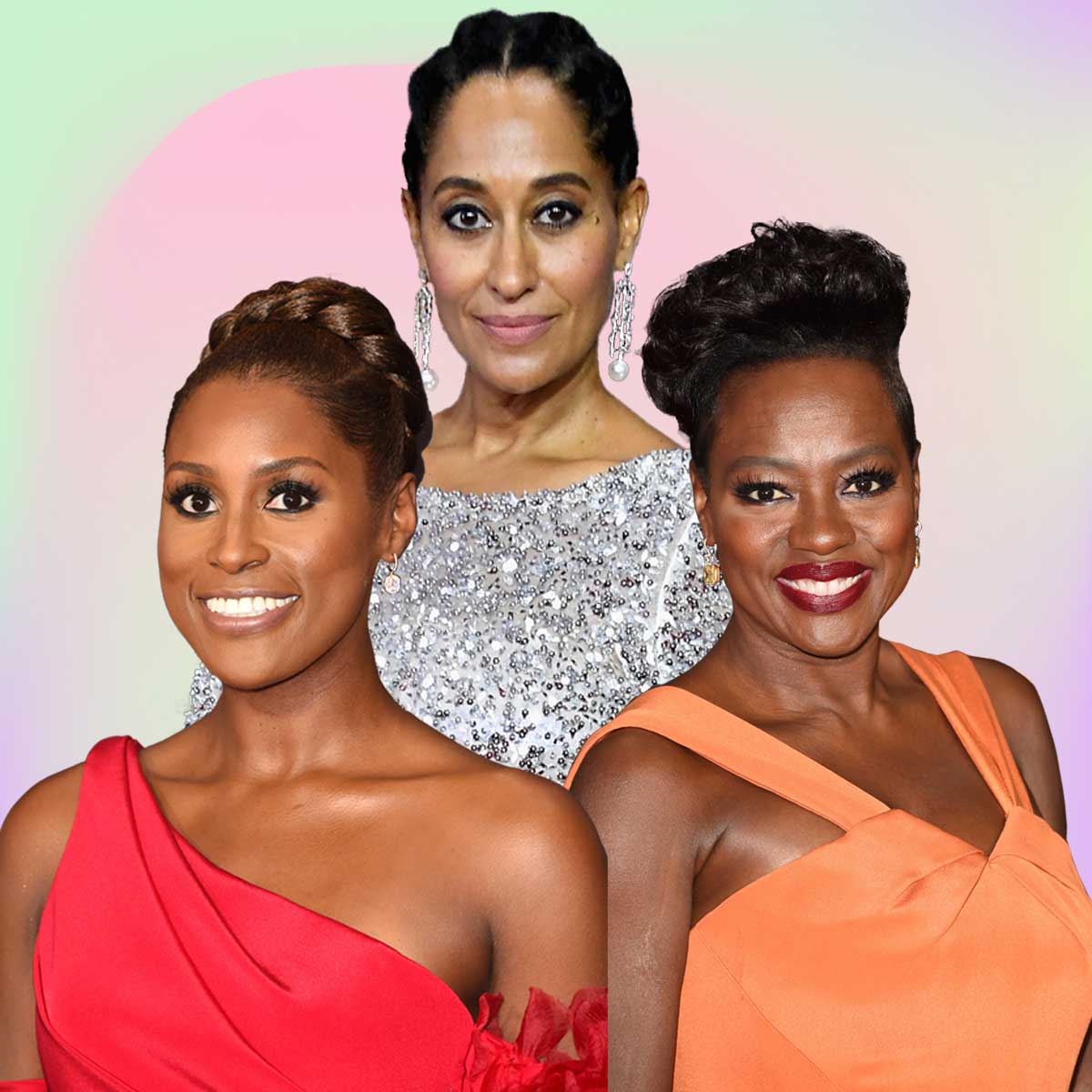
Two years after writer and activist April Reign created #OscarsSoWhite —a hashtag criticizing the Academy Awards’ lack of recognition of Black films—Black women starred in films that shattered box offices, produced projects that made Emmy-winning history and continued to crack glass ceilings in Hollywood.
This year alone we’ve seen Girls Trip, Insecure, She’s Gotta Have It, Brown Girls and Lena Waithe have huge wins and score big production deals. We’ve also seen Tessa Thompson in Thor: Ragnarok, Tiffany Haddish on Saturday Night Live, Sonequa Martin-Green in Star Trek and Tracee Ellis Ross in black-ish shine in their roles. In addition to Shonda Rhimes joining the Television Academy Hall of Fame and Ava DuVernay directing a movie with a $100 million budget.
But authentic Black storytelling didn’t by any means start this year, and the explosion of memes praising cult-classics in our community like Living Single and A Different World show that there are many Black women who we continue to pay homage to through the decades.
More than before there’s a difference in the quality of storytelling and character depth of the Black women protagonists and characters we have grown to love, or love to hate. Issa Rae’s HBO hit Insecure and Spike Lee’s She’s Gotta Have It drove digital conversations about today’s renaissance woman, sparking age-old gender debates.
Unlike the Black fanfare network shows of yesterday, scrubbed clean for after-dinner viewing, our shows are raw and honest. With less stringent rules, artists are telling a more realistic story about young women. And in a nod to today’s culture, young Black women aren’t scared to have multiple sexual partners and discuss it with a girlfriend over a boozy brunch.
Then there are topics that are politically charged in today’s shows too. This season, Insecure tackled Black women going to therapy —even when it seems futile— and a host of other topics that defy stereotypes. For example, causal dater Molly actually comes from a loving two-parent household, but her perception of her perfect family is shattered when she discovers that her mother stayed with her cheating father after an early-marriage infidelity. For too long we’ve seen black couples be perfectly married, bitterly separated or widowed, and nothing in between. Corporate boss Molly also tackles the salary gap after discovering that she’s being paid less than a less qualified White male colleague.
Our films this year were on point too. This summer, Girls Trip became a blockbuster when the star-studded comedy, headlined by Queen Latifah, Jada Pinkett Smith and Regina Hall, earned over $100 million in the domestic box office. It catapulted comedian Tiffany Haddish, who became the first Black female stand up comedian to host Saturday Night Live in its 43 seasons, into household name success.
Girls Trip focused on four friends from college heading to ESSENCE Festival for a girls trip, and followed their hilarious escapades throughout the duration of the trip. Jokes were told, hook-ups happened, friendships were tested, and Black women were, finally, humanized. Much like the chick-flicks that draw women of all races to the movie theatre —with their sister-bonding, cheating-man shaming theme in many of them— for so long we lacked a dramedy like this written by and for us. It’s why we cackled along with Haddish in the film, like she was our long-lost ratchet college friend, and why we rooted our washed-up mom friend (Jada Pinkett-Smith) for getting her groove back in NOLA with the foine (read: fine with a twang) Kofi Siriboe.
As we discuss the importance of intersectionality amongst feminists, we must also address intersectionality within our community of Black women.
This year Lena Waithe became the first Black woman to win an Emmy for comedy writing, writing the “Thanksgiving” episode of Master of None, about her character’s experience coming out as a lesbian. Next year, she’ll launch her Showtime series The Chi. Like Rae’s HBO hit series Insecure, it’s a coming of age series that leverages Waithe’s experience growing up in Chicago.
It’s an exciting time to be a woman. It’s a pivotal time to be a Black woman. It’s past due time to see our multi-layered, humanizing stories shared with the world and we can’t wait to see more in 2018.